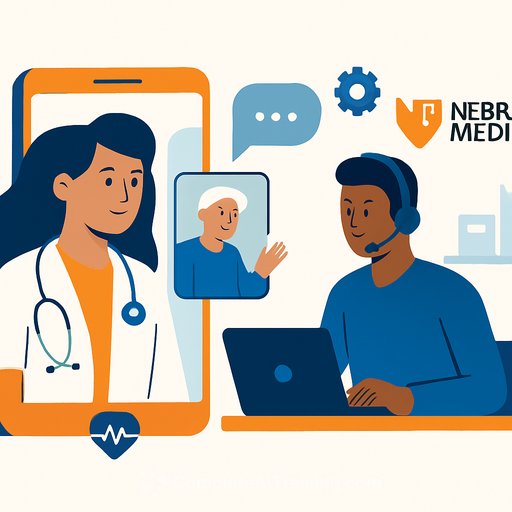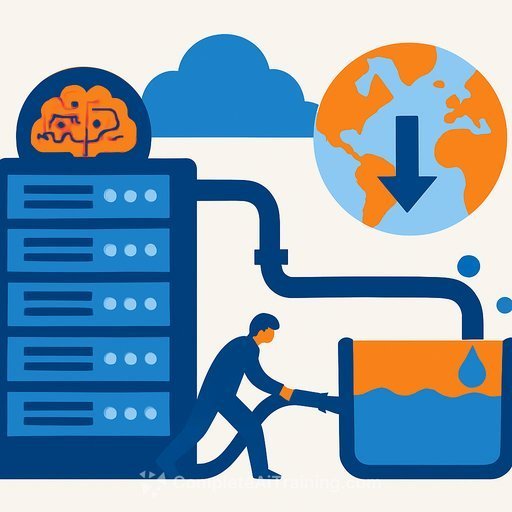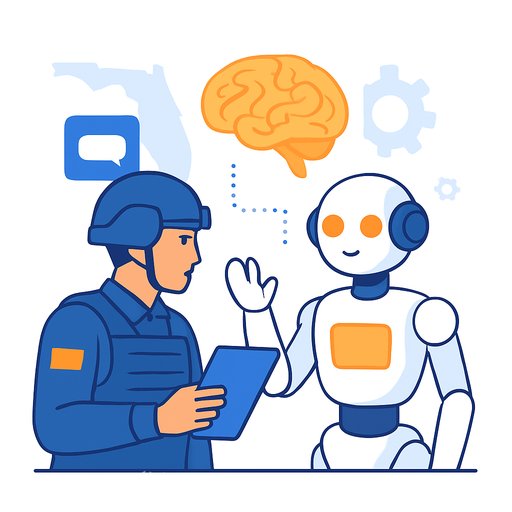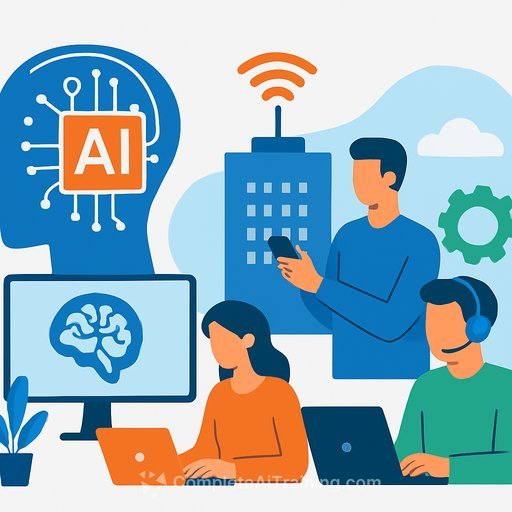The Patient Communication System Powered by Artificial Intelligence
Handling routine patient calls efficiently is critical for healthcare operations, especially when life-or-death calls, like those involving organ transplants, must get through quickly. Nebraska Medicine tackled this challenge by implementing an AI-powered patient communication system that frees up staff to focus on urgent medical matters.
The Challenge
Nebraska Medicine serves 1,200 affiliated providers across over 70 care locations and faced overwhelming call volumes—2.5 million annually. Their call center agents spent as much time on routine questions as on complex issues, delaying urgent processes such as nurse triage and organ transplant coordination.
For the multi-organ transplant center, timing is critical. From the moment an organ becomes available, there’s only one hour to complete the acceptance process. Within that hour, the contact center has just 15 minutes to reach the transplant recipient and coordinate all parties. When agents were busy handling routine appointments or basic info requests, they risked missing these tight windows, endangering patient outcomes.
Staff burnout was another concern. Repetitive, low-complexity calls drained agents’ energy and diverted their focus from cases needing clinical judgment and empathy. Longer wait times and increased call abandonment created a cycle that increased pressure on the team.
Proposal
To solve this, Nebraska Medicine partnered with ActiumHealth to deploy conversational AI agents. These AI agents handle most routine inquiries—basic information requests, appointment scheduling, and department transfers—while escalating urgent or complex calls to human agents.
The system integrates directly with the existing telephony infrastructure and the Epic EHR system, creating a seamless patient communication experience. It offers 24/7 availability, multi-language support, and emergency triage capabilities, ensuring critical calls receive priority routing immediately.
This is more than call deflection. The AI understands patient intent and routes calls intelligently, allowing skilled staff to focus on interactions requiring clinical expertise and human empathy. The goal is to maintain a natural, empathetic conversation tone, even when handled autonomously by AI.
Meeting the Challenge
The rollout followed a phased approach, prioritizing operational impact. Phase 1 integrated AI agents into Nebraska Medicine’s three main public phone lines. The AI processes automated department transfers, provides basic hospital information, and routes calls intelligently without changing how patients contact the organization. Phase 2 will include full Epic EHR integration.
- Automated department transfers via natural language understanding
- Basic hospital information such as hours, locations, and services
- Intelligent routing to appropriate specialists
- Emergency triage with immediate escalation for urgent medical concerns
AI agents now handle incoming calls by understanding patient intent and either resolving routine requests autonomously or escalating complex issues. This allows medical communication center staff to dedicate their time to complex consultations, provider coordination, and time-sensitive operations like organ transplant calls.
The AI operates 24/7, providing immediate responses to routine needs and prioritizing urgent calls through intelligent queuing, all while maintaining existing service levels and improving efficiency.
Results
The system achieved a 70% call automation rate, exceeding expectations. Human operator calls dropped by 40%, from 13,000 to 8,000 weekly, allowing staff to focus on critical interactions.
AI agents filter and resolve routine inquiries effectively, maintaining seamless escalation for complex cases. Automated calls now have zero-second answer times, eliminating patient wait times for common requests.
These improvements significantly enhance patient experience and operational efficiency, ensuring that critical communications receive immediate attention.
Advice for Others
Before adopting AI-powered patient communication, healthcare organizations should analyze call patterns and operational pain points carefully. Successful implementation depends on creating an intelligent communication system that benefits both patients and staff.
Look for solutions offering conversational AI—not just simple chatbots—to provide natural, empathetic interactions. Integration with existing infrastructure and EHR systems is essential for care continuity and data integrity.
A phased rollout helps staff adapt and prioritizes relief in high-impact areas first. Strong change management is key, as staff may initially resist AI but often come to appreciate being freed from repetitive tasks.
Maintain service quality throughout the process and choose platforms offering detailed analytics and continuous improvement. View AI-powered communication as a strategic investment in operational excellence that improves patient care and staff satisfaction.
Your membership also unlocks:






